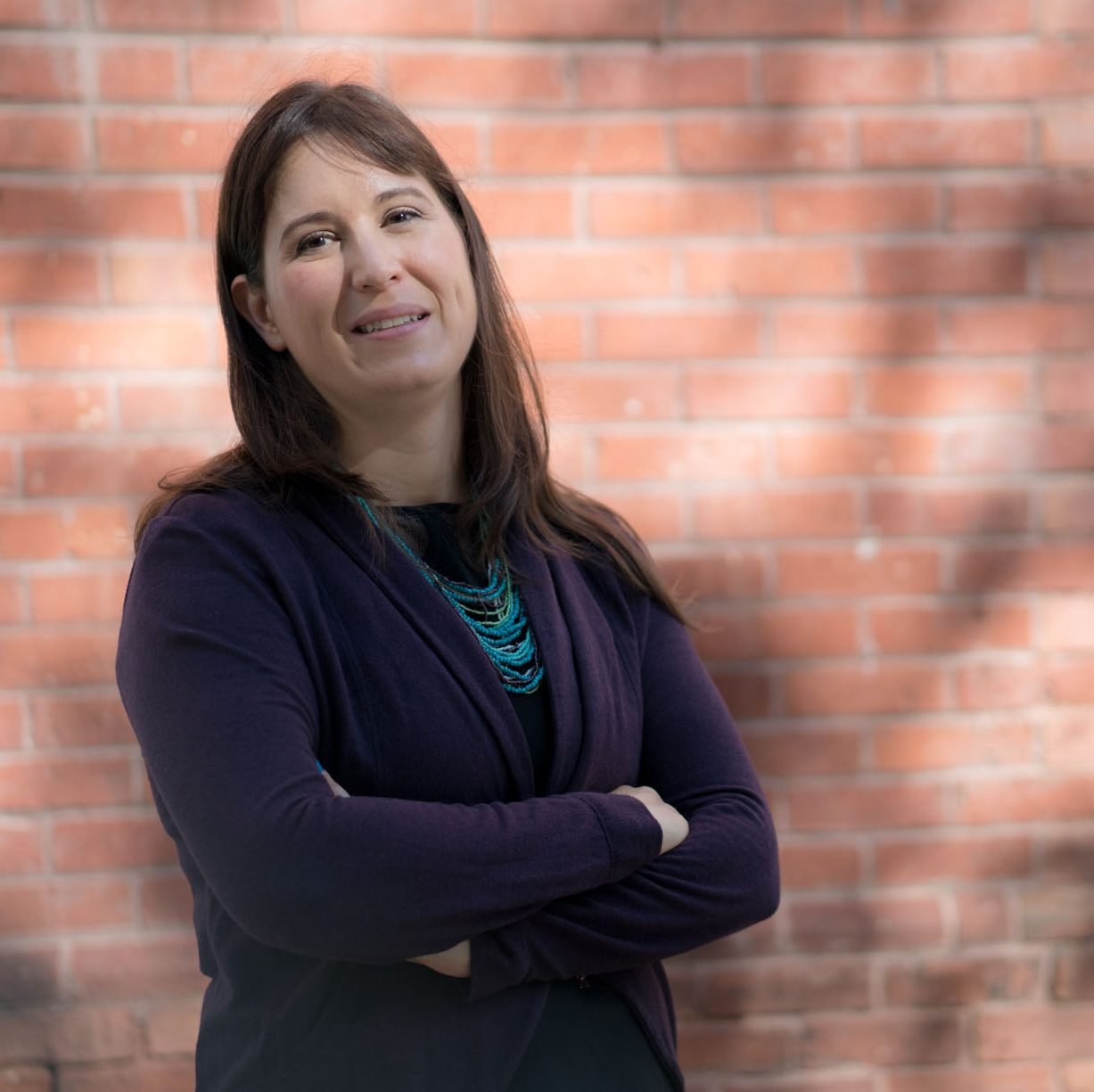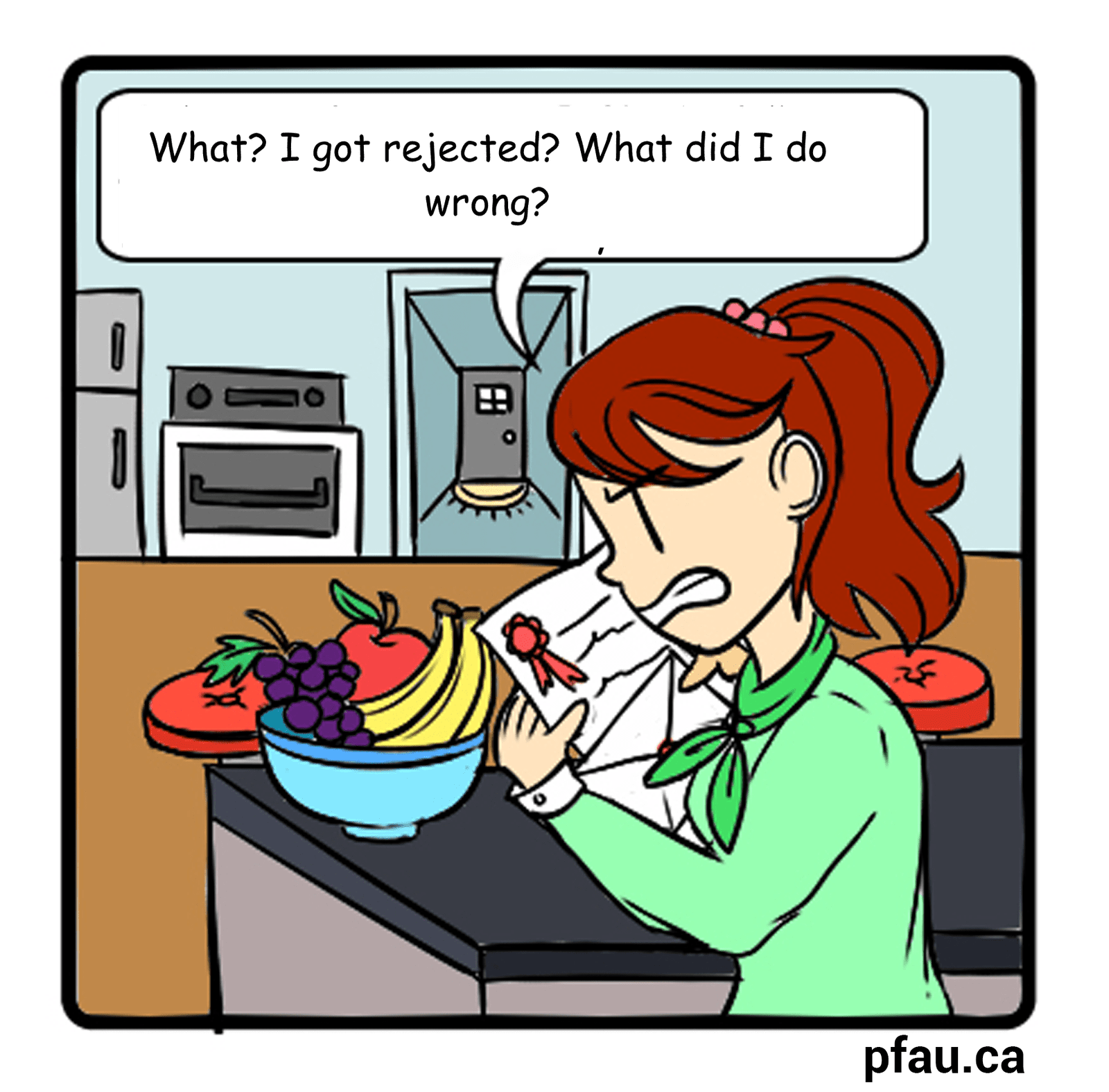Thank you for joining us for the Breath In, Write Out podcast this week. Since many students are currently working on their papers or preparing for their exams, we thought this was the perfect time to re-run our interview with Daina Sparling on the Art of Proofreading. We hope that this podcast helps you to learn the value of proofreading and strategies to complete a quality paper!
We interview Daina Sparling, an editor and proofreader at PFAU Academic Writing, about something students often take for granted – editing! Good writers know that the first draft is never going to be their best work. They need to put aside time to revise, edit, and proofread their work. The best writers have colleagues or professionals to provide them with insights on their work and to fix any issues. Like all art, writing takes multiple drafts to reach a level of greatness.

_
Daina has a Psychology degree from the University of Alberta, and several years experience working as a Research Assistant for the Department of Medicine, Division of Studies at the University of Alberta. While at the university she collaborated with other academics in the creation, editing, and statistical analysis of examinations used in the medical school. Diana also has over three years of experience editing graduate-level dissertations and publications with PFAU Academic Writing. In her free time, Daina enjoys travel, beekeeping, and camping with her husband and two children.
What is the value of receiving editing support?
It is important to have somebody look your work over because we do not see our own faults very well. For example, if I studied abroad I would absolutely ask somebody, who is a native speaker, to look at my work because different languages have different expectations and structures. The real value is that you not only end up with a more polished version of your written work by hiring an editor, but you also learn from them how to become a better writer. For example, if there are common errors that I see in the work, I will point them out to client so that they can avoid those errors in the future. In addition, the comments made on the draft related to content or questions asked about what the writer intends to say, helps the writer to become more clear in their ideas and expression as they continue through the writing process. It is also beneficial to have the help of an editor, who has experience in writing and working with different kinds of text so that they can teach you how to adapt your work to appeal to different audiences. Writing is just another medium through which to communicate your ideas. If you can work with someone who will help you to improve those communication skills, then you have more opportunities and avenues through which to share your research and thoughts.
What skills and knowledge do you think good editors have?
_
First, I think that whatever language you are using to write your essay or dissertation, it is always beneficial to find an editor who is a native language speaker, especially for international students. I think it is a helpful added step to have another pair of eyes to look at your work.
Second, a good editor is someone with a strong set of technical writing skills, such as: grammar, punctuation, spelling, structure, format, citation styles, etc. You want to be able to trust that they will recognize and fix your mistakes.
Third, and possibly most importantly, a good editor should also be able to figure out what is the person actually getting at. In other words, what does the writer intend to say. A good editor does not change the writer’s meaning, but enhances it. I think good editors tend to be empathetic. We can get a sense of the person through their writing and adapt it in a way that is suitable for them, as opposed to having some sort of formula. I think a good editor needs to be able to work together to accomplish the goal of the client. I do not want that client’s work to sound like my own, but rather the best version of their words. As a result, a good editor will be able to suss that out and decide what is the actual content that this person is trying to convey.
_
Tell us a bit about your own process. How do you edit a paper?
The first thing that I do is just take a quick scan through the work to see what is it about how long it is. Then, I will go back to the original project instructions. It is always really helpful to be given a copy of any assignment or submission instructions to ensure that all the requirements have been fulfilled. If your writing submission does not have the right components, it is not going to help you even if it is edited perfectly. Then, I will read through the paper looking for structural issues, content issues, and clarity. At this point, I will suggest broad sweeping revisions where relevant. Then, I will take a second look reviewing for grammar, punctuation, and spelling errors. I usually let it sit for a day, and then do a final read to make sure that I haven’t missed any mistakes.
_
What are some common mistakes that you often see in the essays that you edit?
The first one that is absolutely glaring for me is the tense. It is necessary to make a determination and decide whether you are in the present, past, or future before writing down 40 or 50 pages of work into a document. Which tense people should use is going to be dependent on what they are writing. A paper talking about literature may use a different tense from a personal response essay. There is nothing more difficult than editing for 10 or 20 hours and having to go back and forth wondering what the author is talking about because they switched from present tense to past tense in the middle of a paragraph.
The second common mistake is acronyms. Students should make sure that they have spelled out the full name of any acronyms they use in the essay, and placed the acronym in brackets after the full them. Only after that, can you use the acronym consistently throughout your essay. You cannot assume that people will know what you are talking about, for example, what BMJ stands for. Do you know? I still don’t.
The third thing would be capitalization, such as the capitalization of names and organizations. People often get proper nouns and common nouns mixed up. For example, China and china mean two different things when you change the capitalization in the word. You need to check whether or not the technical terms that you are using need to be capitalized or not. The internet is your best friend for checking this out. This is another one of those errors that can be missed easily, but to a technical reader or an employer, it is a big problem if they see that their organization is not capitalized.
_
Resources Recommendation
_
Style Guide (APA, MLA, Chicago)
_
Thank you, Daina, for sharing the excellent advice with us and our readers!
_
Missed the podcast? Listen here:
_
_
For more advice about writing, check out our weekly podcast or subscribe to our monthly newsletter.
_
To get more help with your assignments, book a 20 minute discovery session with us and start your journey to reaching your full potential on the page, and in life.
Both the written, visual, audio, and audiovisual content of this post has been created by and is the intellectual property of Lisa Pfau and PFAU Academic Writing. Please do not replicate any of the above content without our consent. However, please do feel free to share this post and its authorship widely.





